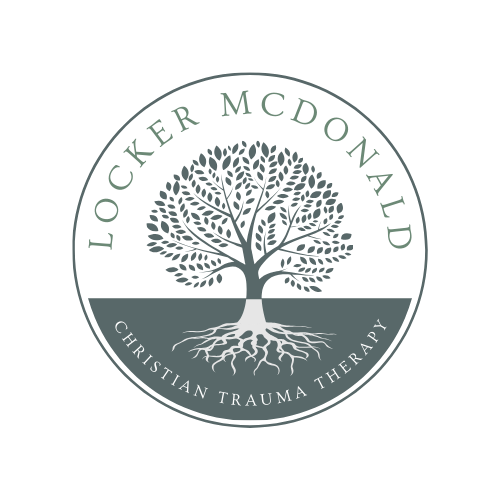
Addiction
Addiction is more than a lack of willpower—it’s a complex struggle that affects the mind, body, and spirit. Whether it’s substance use, compulsive behaviors, or unhealthy coping mechanisms, addiction often begins as a way to escape pain or fill an unmet need. Over time, it can take control, leaving you feeling trapped in a cycle that’s hard to break.
Addiction is frequently linked to trauma. Past experiences of neglect, abuse, or loss can leave wounds that are difficult to heal. Many people turn to substances or behaviors to numb emotional pain, manage anxiety, or regain a sense of control. Unfortunately, these coping mechanisms often worsen the underlying struggles, creating a deeper sense of shame and isolation.
How do you know if addiction might be affecting your life? Ask yourself:
- Am I relying on a substance or behavior to manage stress or emotions?
- Do I feel unable to stop, even when I want to?
- Is my use negatively impacting my relationships, work, or health?
Acknowledging the presence of addiction is a courageous first step toward recovery. Counseling offers a safe space to explore the roots of addiction, address underlying trauma, and develop healthier ways to cope. You don’t have to walk this road alone—healing and freedom are possible with the right support and tools.
Effective treatment for addiction often includes evidence-based approaches such as cognitive-behavioral therapy (CBT), dialectical behavior therapy (DBT), trauma-focused therapy, and group or peer support. My approach focuses on addressing the underlying trauma and emotional wounds that often fuel addiction. By integrating trauma-informed care, spiritual integration (for those who prefer it), and practical coping strategies, I help you build a solid foundation for recovery. Together, we’ll work to uncover the roots of your addiction, develop healthier coping mechanisms, and restore your sense of identity and purpose.
You don’t have to walk this road alone—healing and freedom are possible with the right support and tools.
